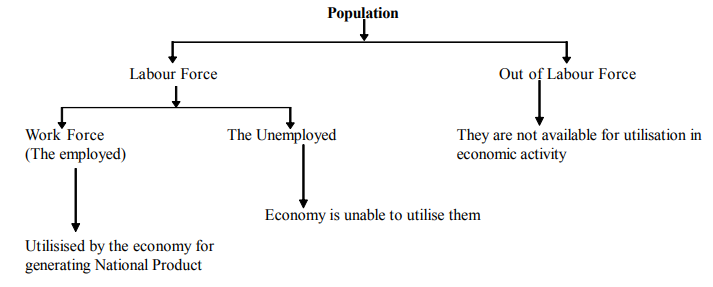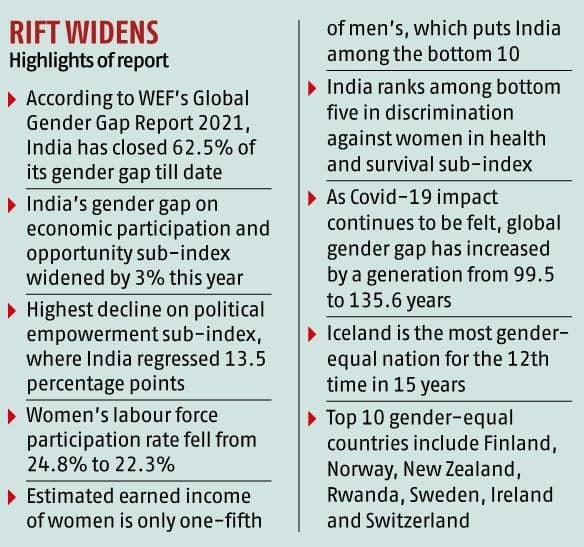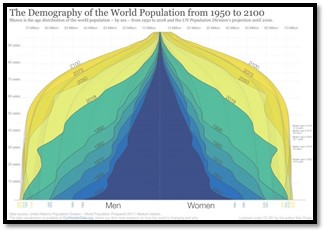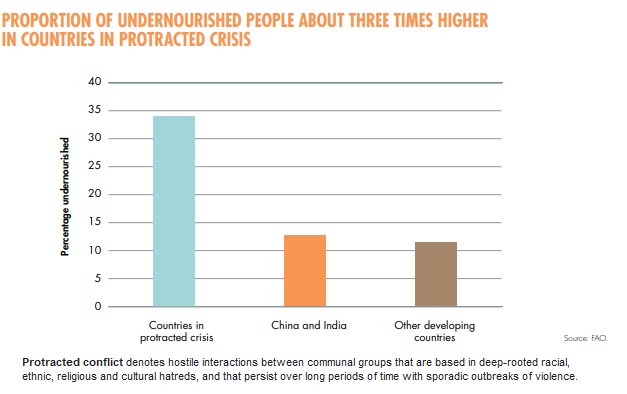18 Dec to 01 Jan, 2022
Glasgow Financial Alliance for Net Zero (GFANZ)
- Why in news: 1st week of COP26 saw the launch of GFANZ, which said its members – some 450 firms in 45 countries – had committed $130tn towards the net-zero transition.
- Objective: To bring together leading net-zero initiatives from across the financial system to accelerate the transition to net-zero emissions by 2050 at the latest.
- Existing and new net zero finance initiatives will be part of the Alliance. They comprise the Net Zero Asset Managers Initiative, the UN-convened Net-Zero Asset Owner Alliance and the newly launched Net-Zero Banking Alliance.
- How it operates? All GFANZ members must use science-based guidelines to reach net zero emissions, cover all emission scopes, include 2030 interim target setting, and commit to transparent reporting and accounting in line with the UN Race to Zero criteria. It is not meant to withdraw funding from carbon-intensive industries altogether. Instead, GFANZ members will engage climate experts, the NGO community, and governments, to develop sectoral pathways to achieve climate economy – one that is low-carbon and, most importantly, climate resilient.
- What is so special about it? GFANZ leverages the power of large financial institutions to align with the 1.5 degrees Celsius goal of Paris. It will also catalyze strategic and technical coordination on steps firms need to take to align with a net zero future.
- Criticism: GFANZ agreements are largely voluntary, the headline $130tn figure was “not a fresh pool of money and most of it isn’t allocatable” & it also included home mortgages and money to fund fossil-fuel infrastructure. And there is lot of skepticism about the climate pledge of financial firms as banks continue to help arrange loans and bond-sales for fossil-fuel companies.
Sources:
Share the article
Get Latest Updates on Offers, Event dates, and free Mentorship sessions.

Get in touch with our Expert Academic Counsellors 👋
FAQs
Geography Current Affairs focuses on the contemporary issues, events, and developments in the field of geography. It covers recent geographical phenomena, environmental changes, geopolitical shifts, and related news. This differs from regular geography studies which may focus more on foundational concepts, historical contexts, and theoretical frameworks.
Updates are provided regularly to ensure that subscribers stay informed about the latest developments in geography. Typically, updates are provided on a fortnightly basis, depending on the frequency of significant events and changes in the field.
Absolutely. Geography Current Affairs serves as a valuable resource not only for Geography optional but also for GS papers, especially GS Paper 1 (covering Indian Heritage and Culture, History, and Geography of the World and Society) and GS Paper 3 (covering Technology, Economic Development, Biodiversity, Environment, Security, and Disaster Management). It aids in building a holistic understanding of various topics and strengthens answer-writing skills by incorporating contemporary examples and perspectives.
Geography Current Affairs holds immense importance for UPSC preparation, particularly for aspirants opting for Geography optional. It helps candidates stay updated with the latest developments, geographical phenomena, environmental issues, and geopolitical shifts worldwide, aligning them with the dynamic nature of the subject as tested in the UPSC examinations.





